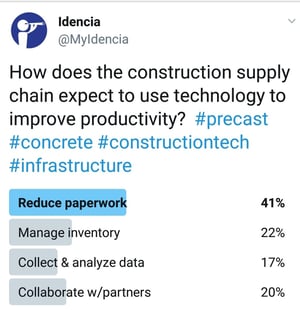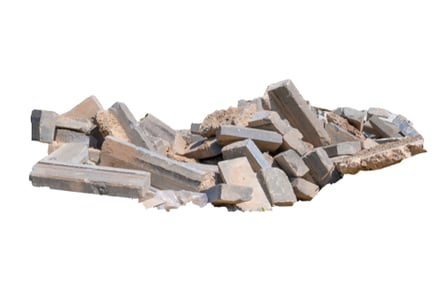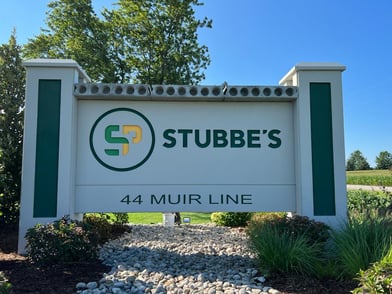
We conducted a Twitter poll this week asking what the construction supply chain expects to gain from adopting technology. By a factor of almost 2:1, 'Reduce paperwork' was the most common response. There have been a lot of solutions offered by many tech companies to help the AEC industry transition to digital records but most have (naturally) been targeted at the paper-intensive businesses in the supply chain... most especially design and engineering. The manufacturers, on the other hand, have not received as much attention as they deserve. Fortunately, RFID is a technology that is well suited to serving their needs.
RFID (Radio Frequency Identification) tags can be embedded in or affixed to concrete structures. When scanned the tag emits a unique 24-digit number that serves as a serial number for the product. This can be associated with information collected about:
Once collected, the information is synced to a web-hosted account where customized reports are automatically produced. So, paperwork is reduced and the manufacturer has a real-time view of product status.
This also creates a more valuable product to offer. Providing 'Connected Concrete', a product that is delivered with a link to all pertinent QA information, is much more valuable to the contractor and project owner than a product that is not.
The nice thing about RFID is that it is well suited to the rugged environment of the manufacturing plant and construction site. The RFID labels are encased in watertight plastic and, because it involves radio waves, the tags do not need to be visible in order to be scanned.
Hand-held scanners and tablets work well in plants with moderate to low production volume. Plants with high production volume are better suited to fixed readers that are stationed at various points in the plant. These scan tags that pass by them and send a status report to a server. This also works well for plants that use assembly lines or carousel manufacturing systems.
A plant-wide network is somewhat complex to design and implement but its benefit is that it automates the data collection process. Fortunately, there are many companies that specialize in this.
Demand for hand-held RFID systems by precast and prestressed concrete manufacturers in the past 4 years has sparked as companies have been actively looking for ways to reduce paperwork and gain real-time reporting. Now we are seeing this blossom into interest in plant-wide networks as the industry starts to see the full potential of this technology for serving its unique needs.
About Idencia
Our purpose at Idencia is to offer precast RFID tracking solutions that improve productivity throughout the value chain. Our offering applies to products from the time of manufacture through end-of-life. As a cloud-hosted product tracking system that is seamless between manufacturers, contractors and asset managers, Idencia adds information value to all, eliminates redundancy and saves time. If you would like to learn more, click below.
Tags:
Connected Concrete
Jun 15, 2018 5:27:29 PM




Comments